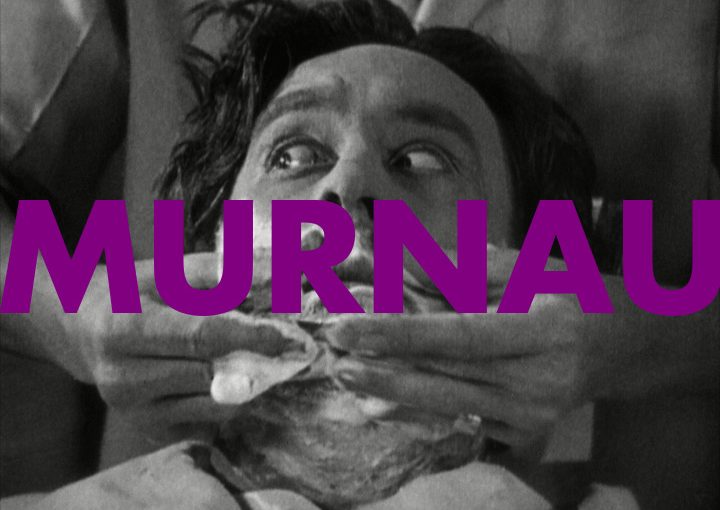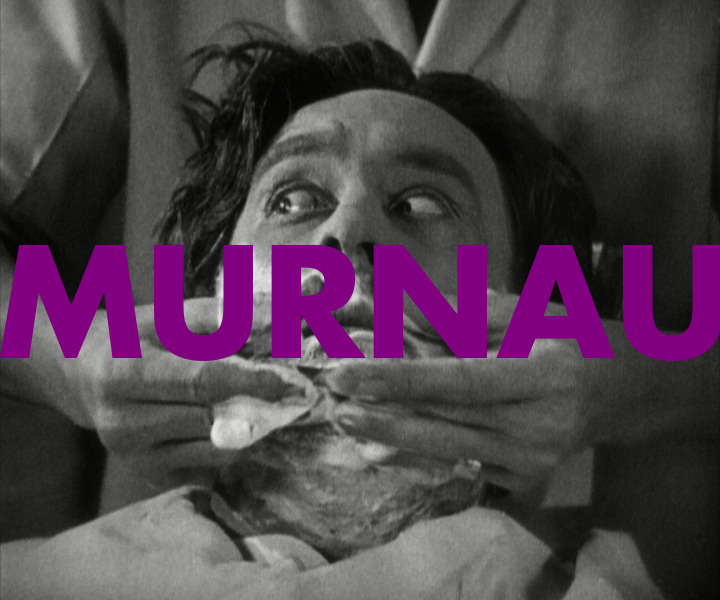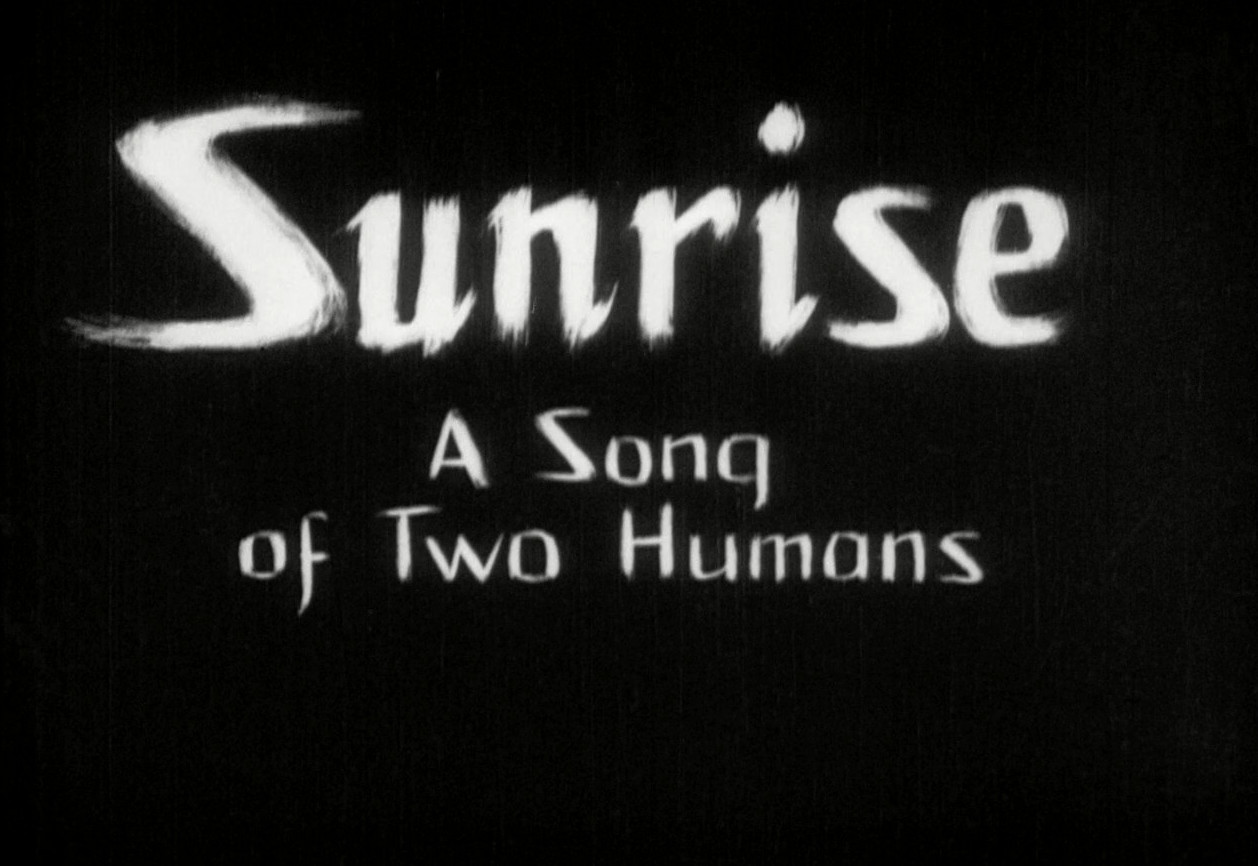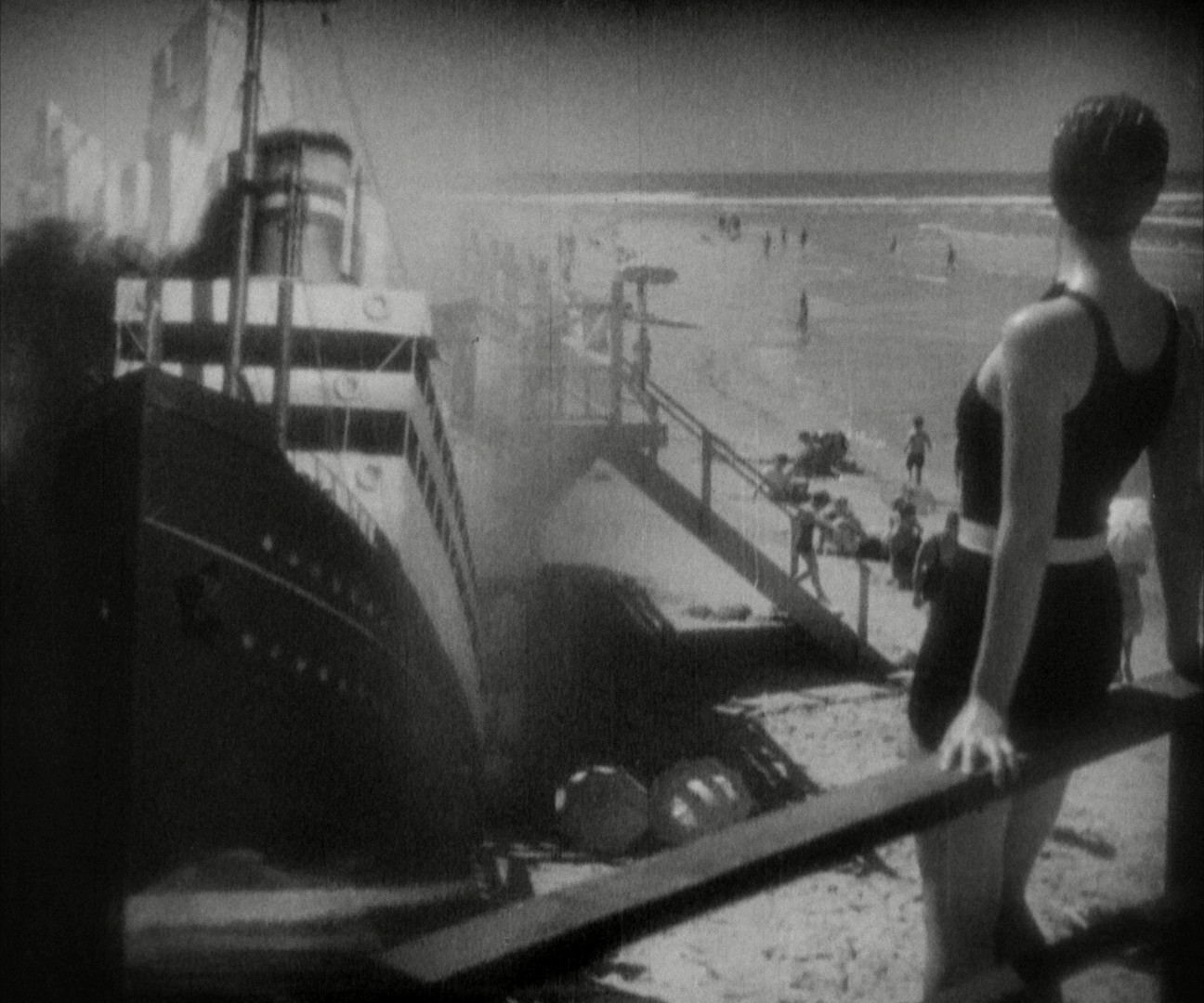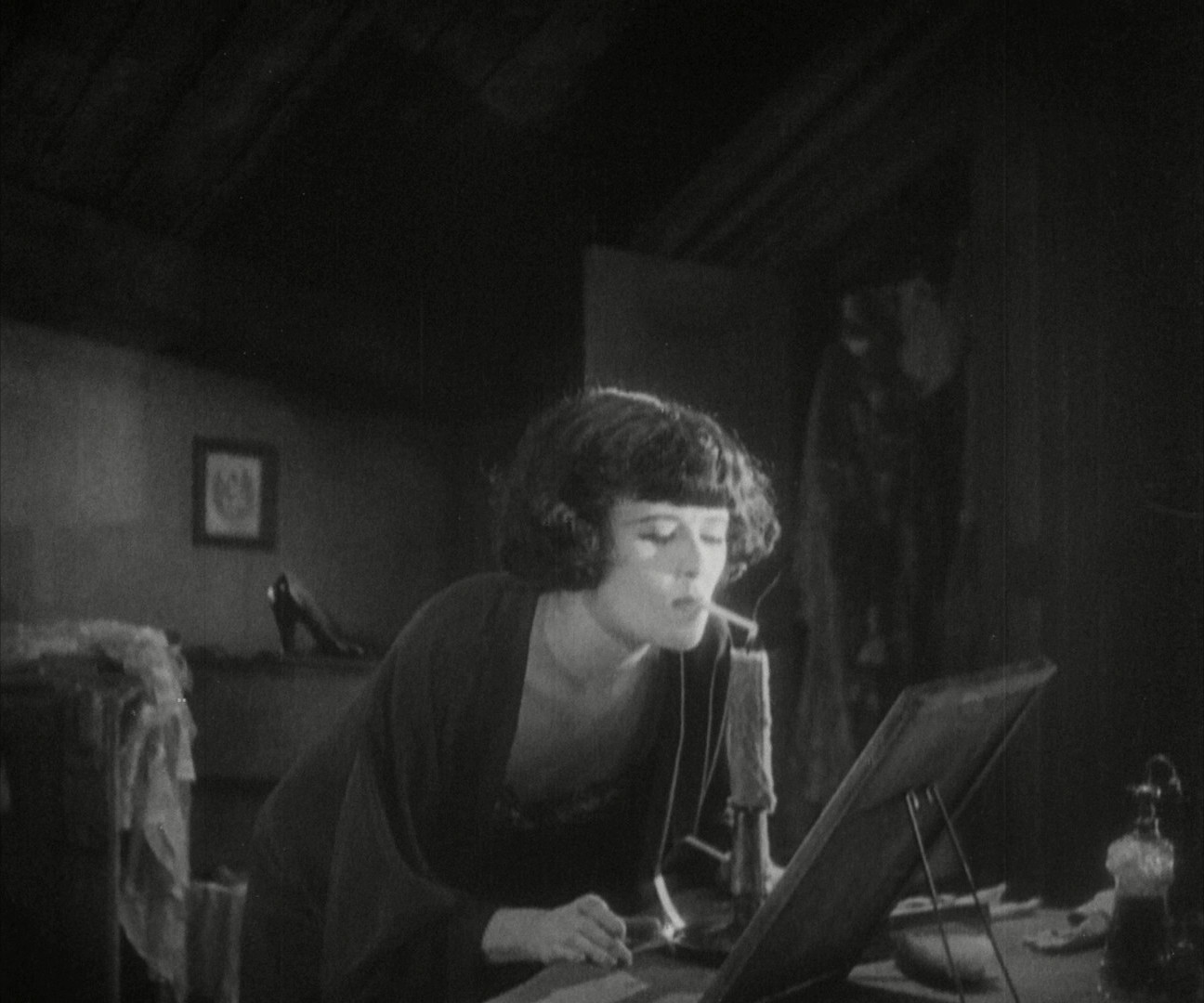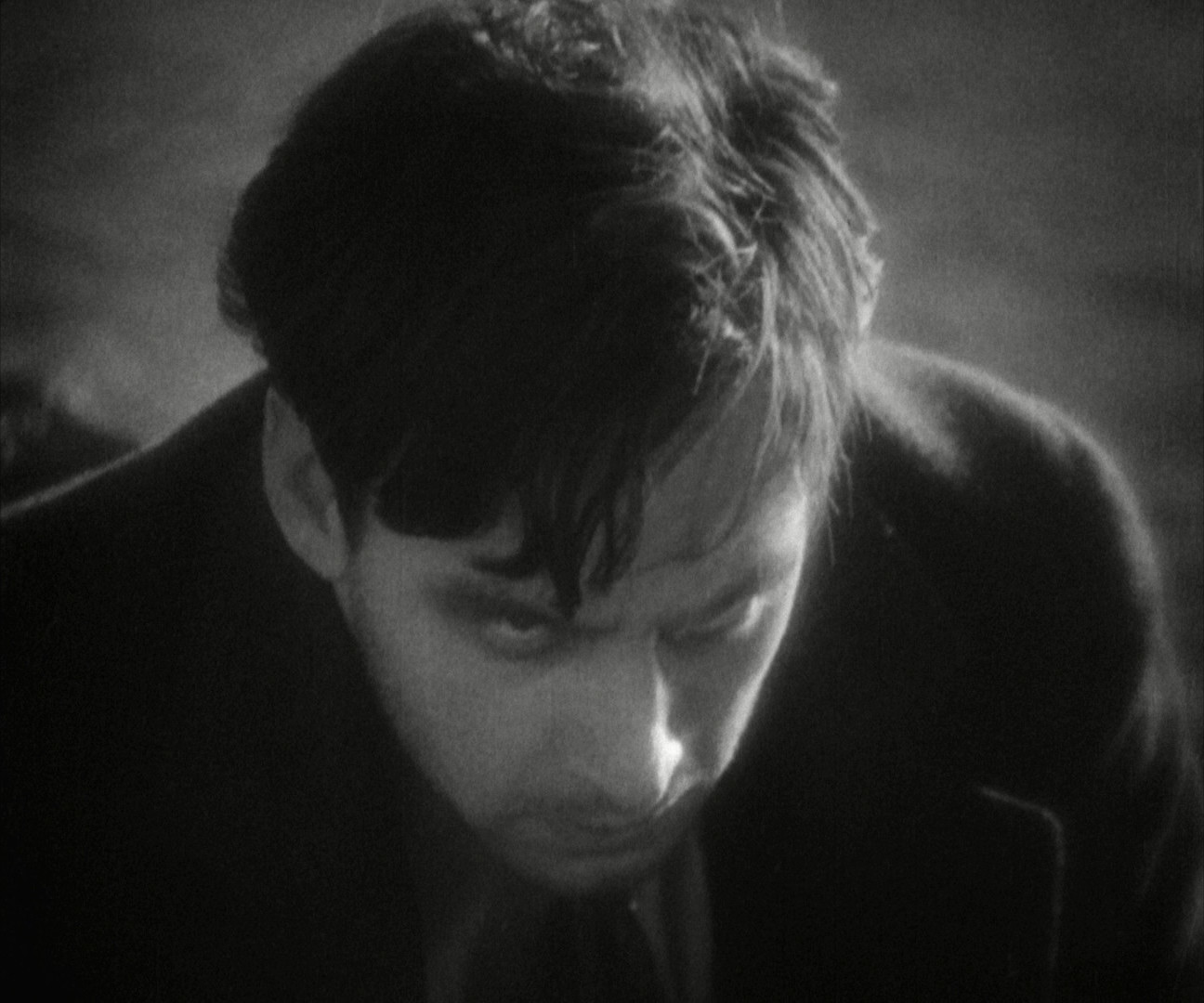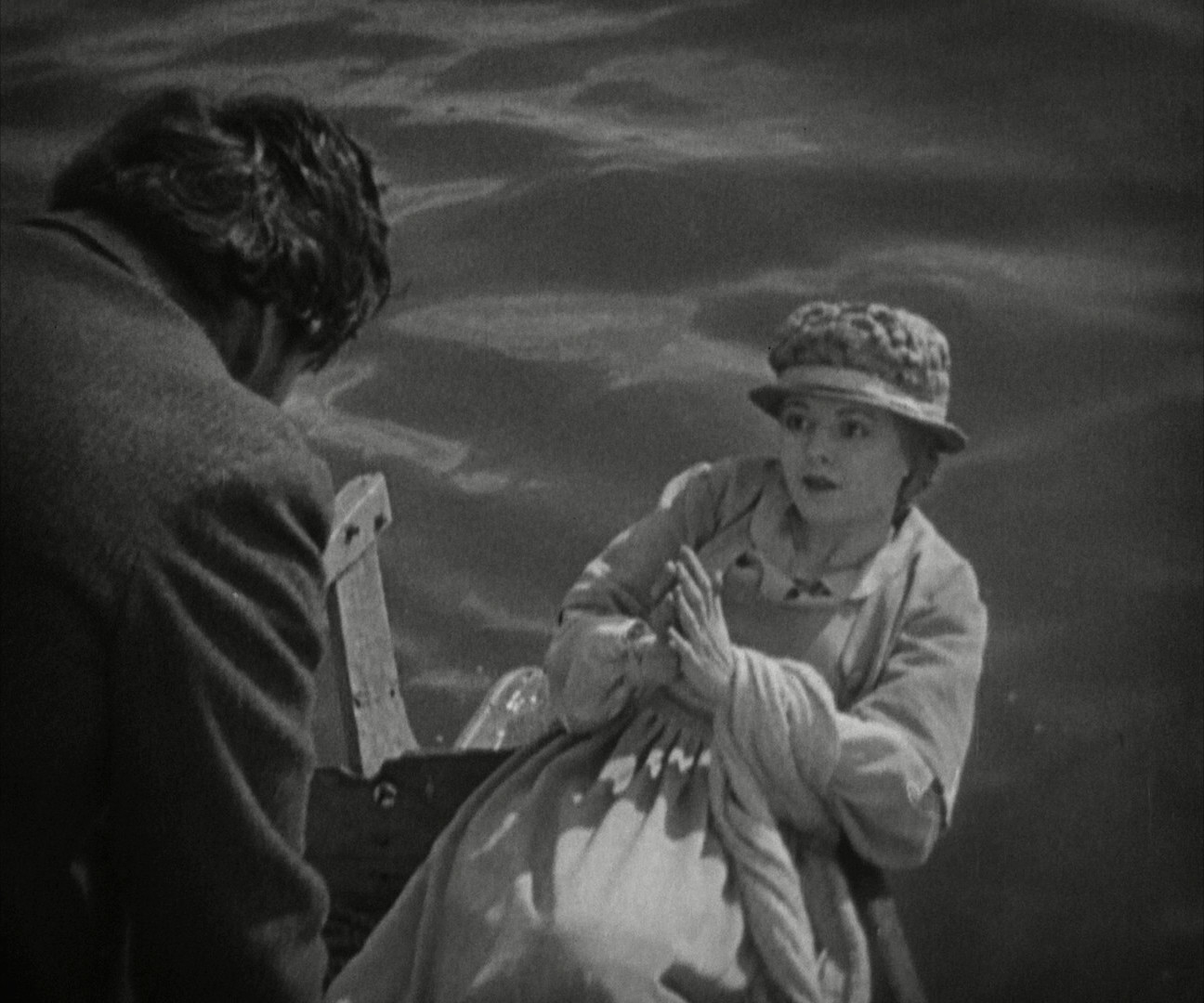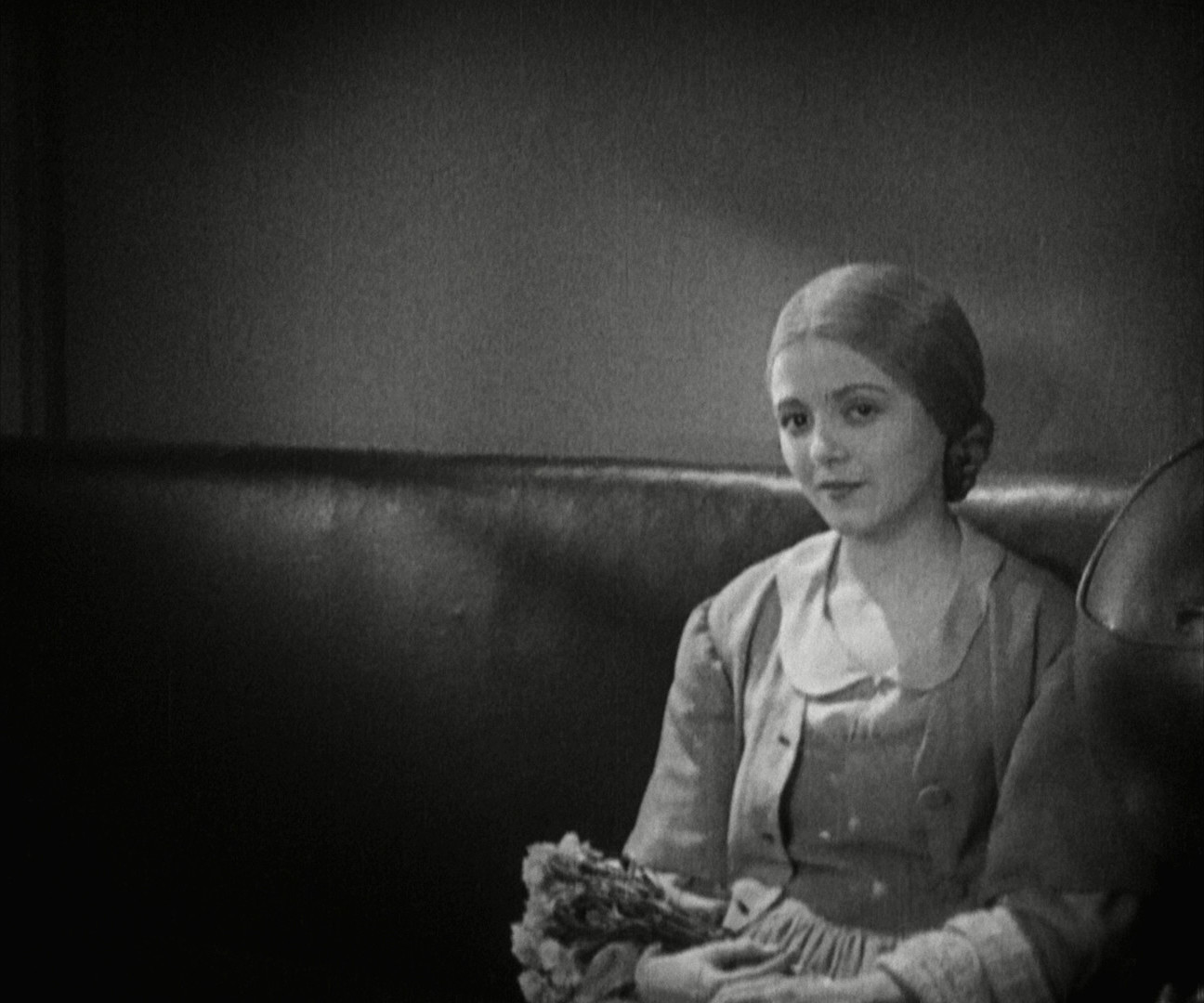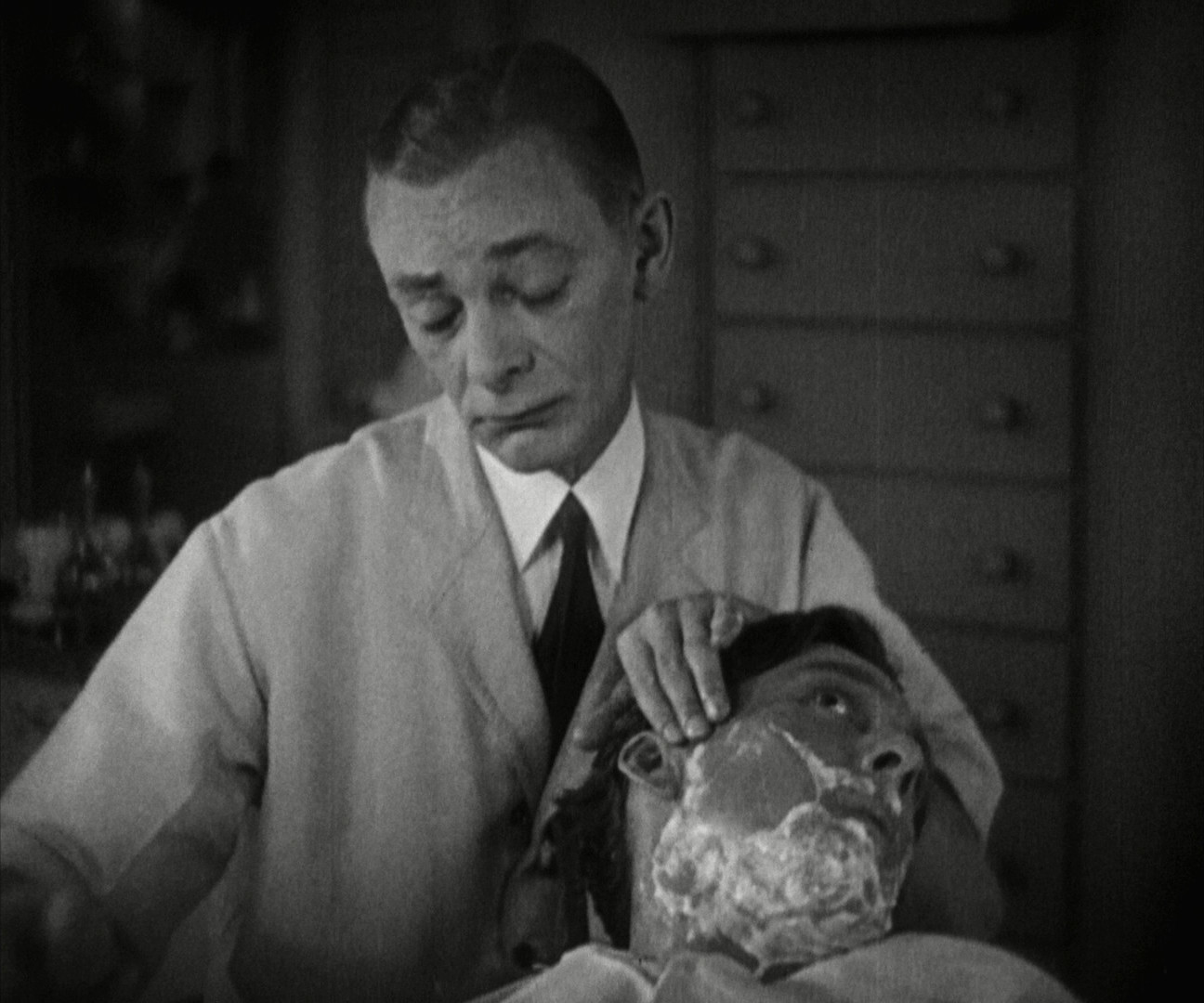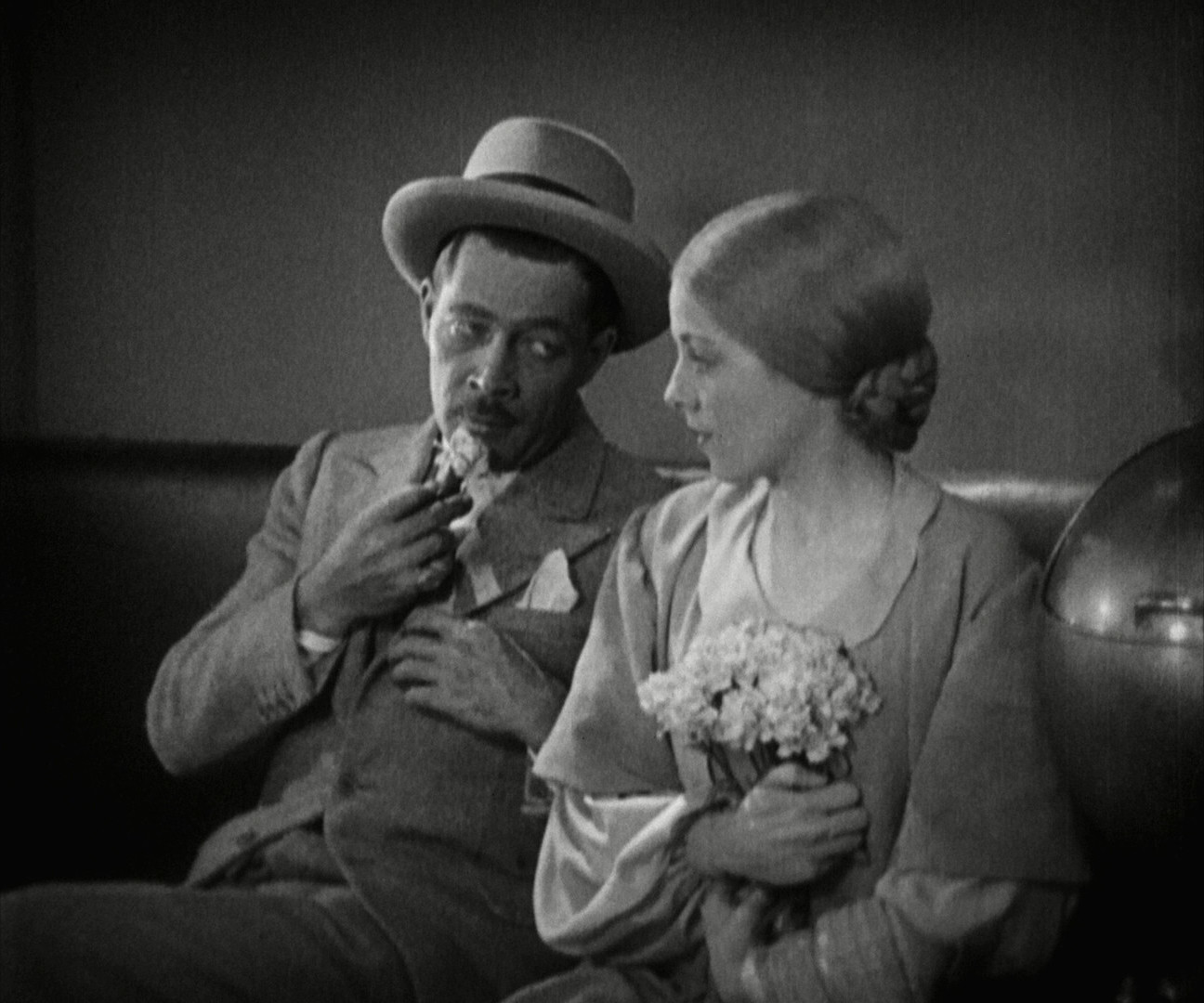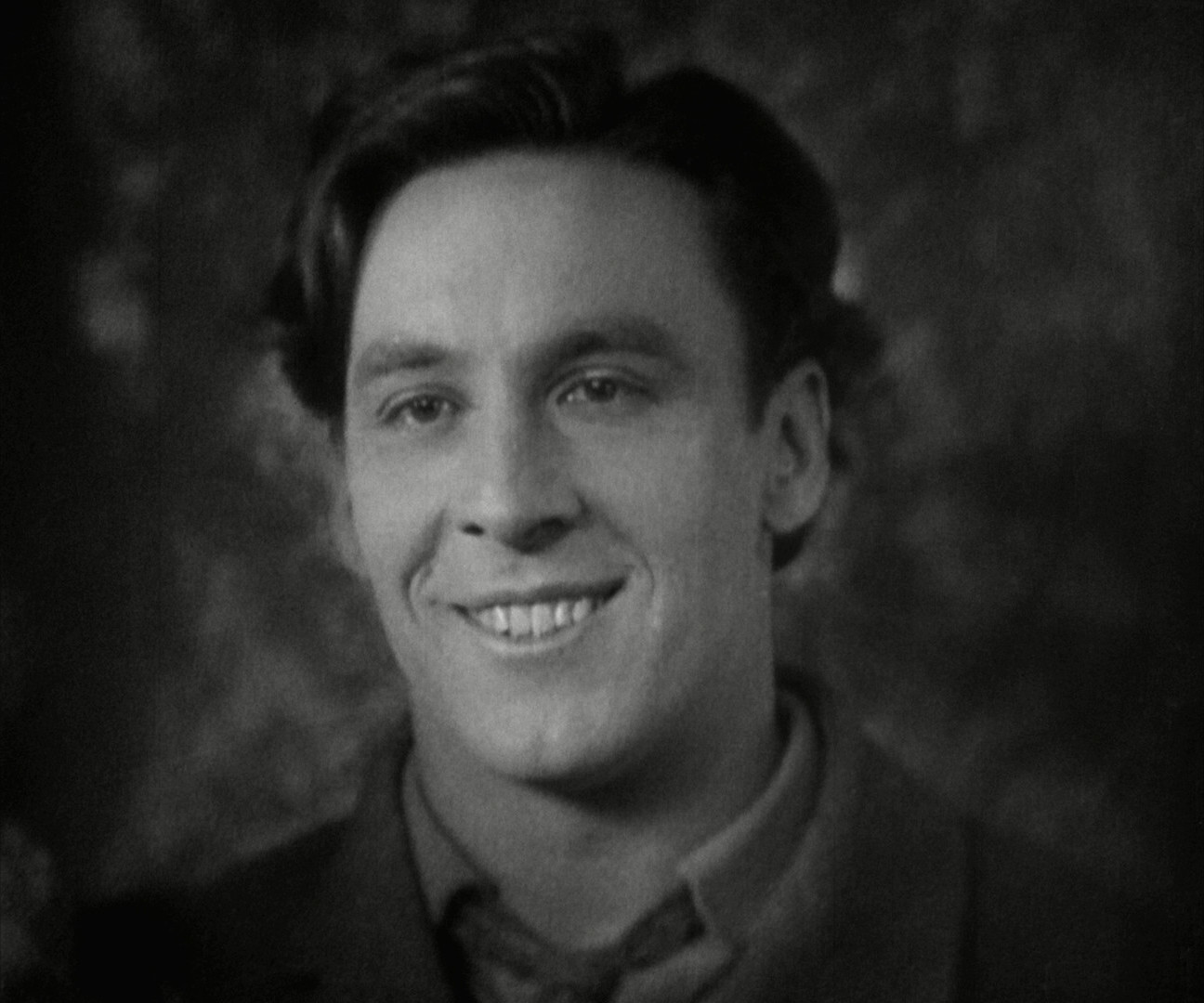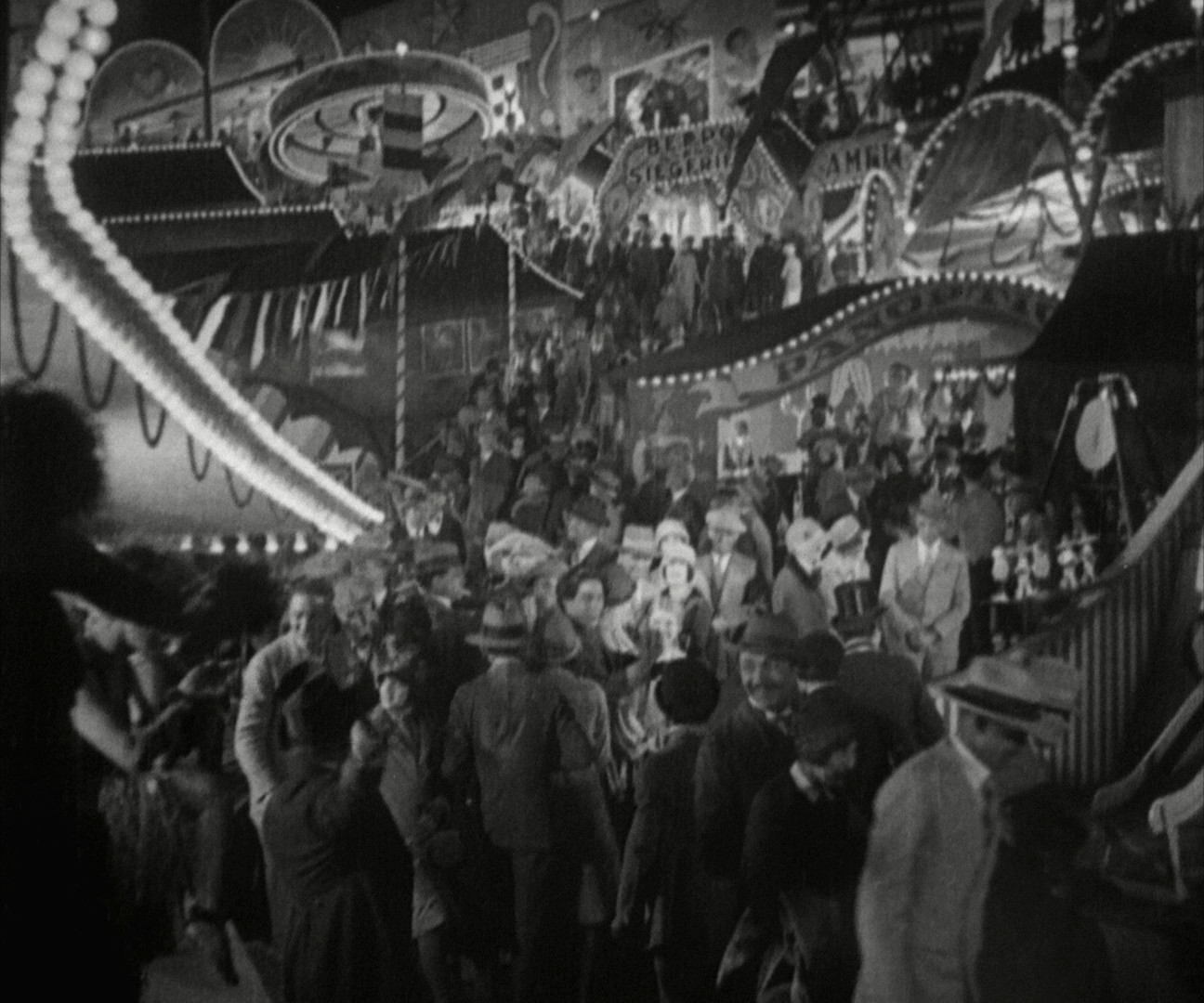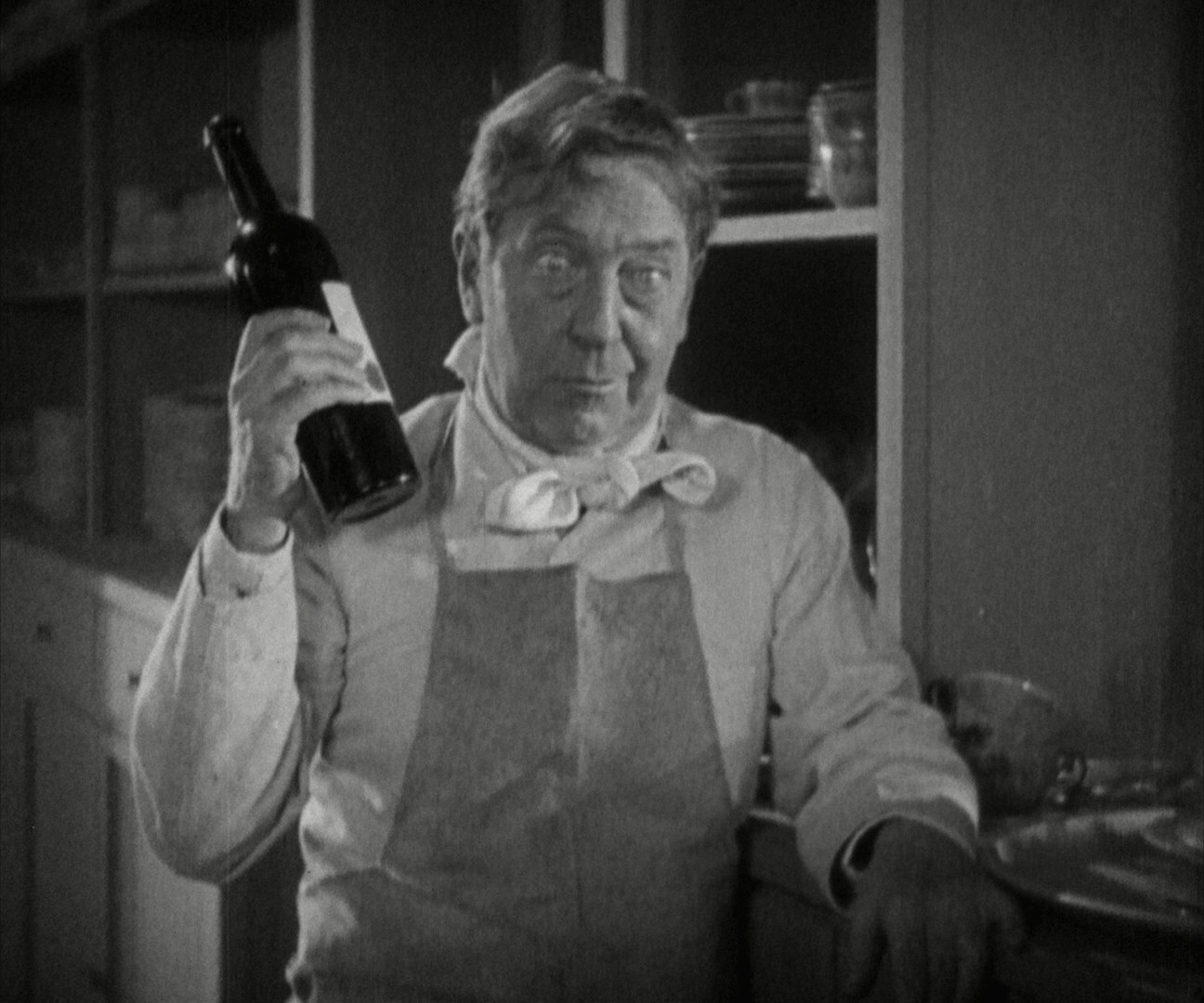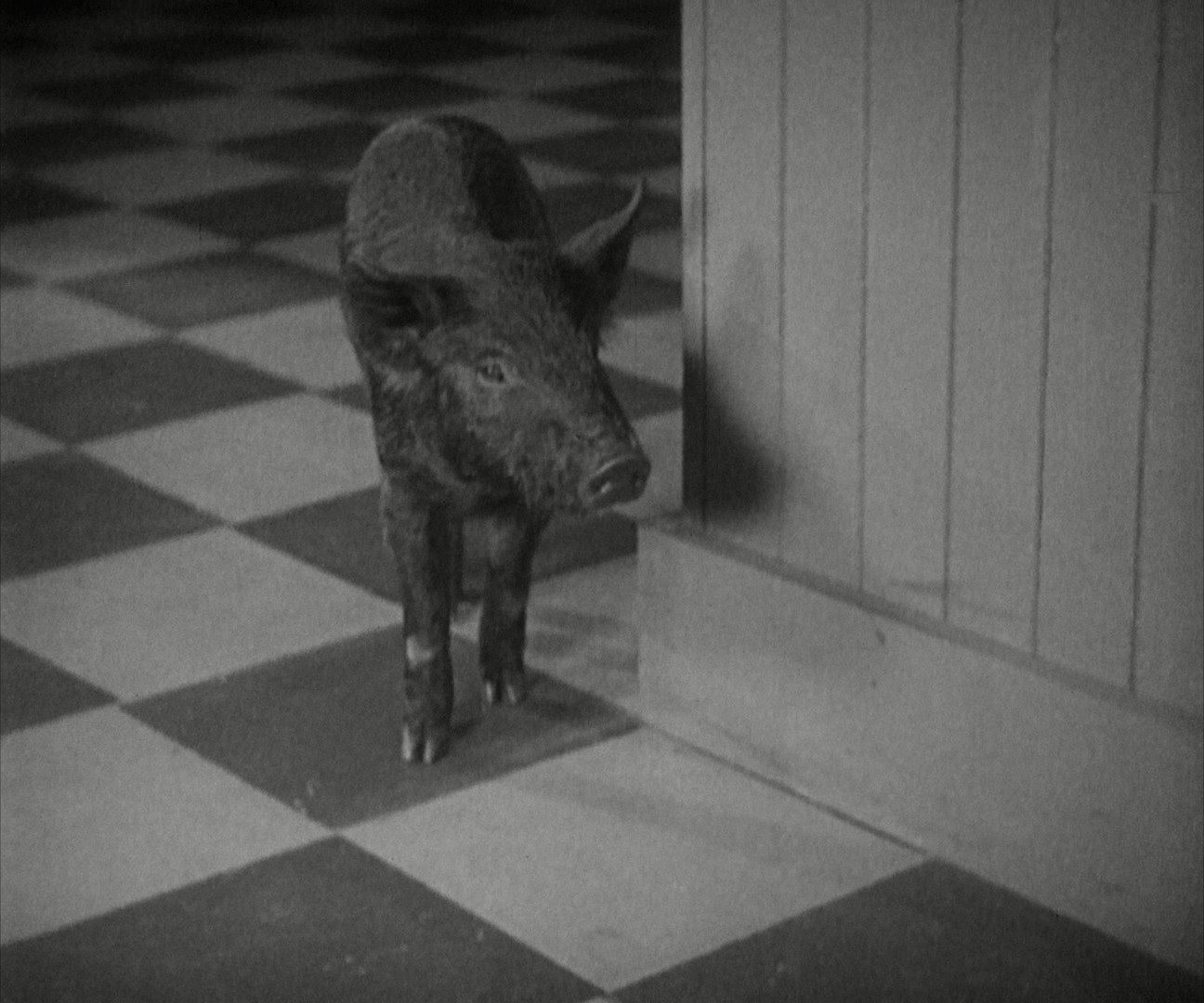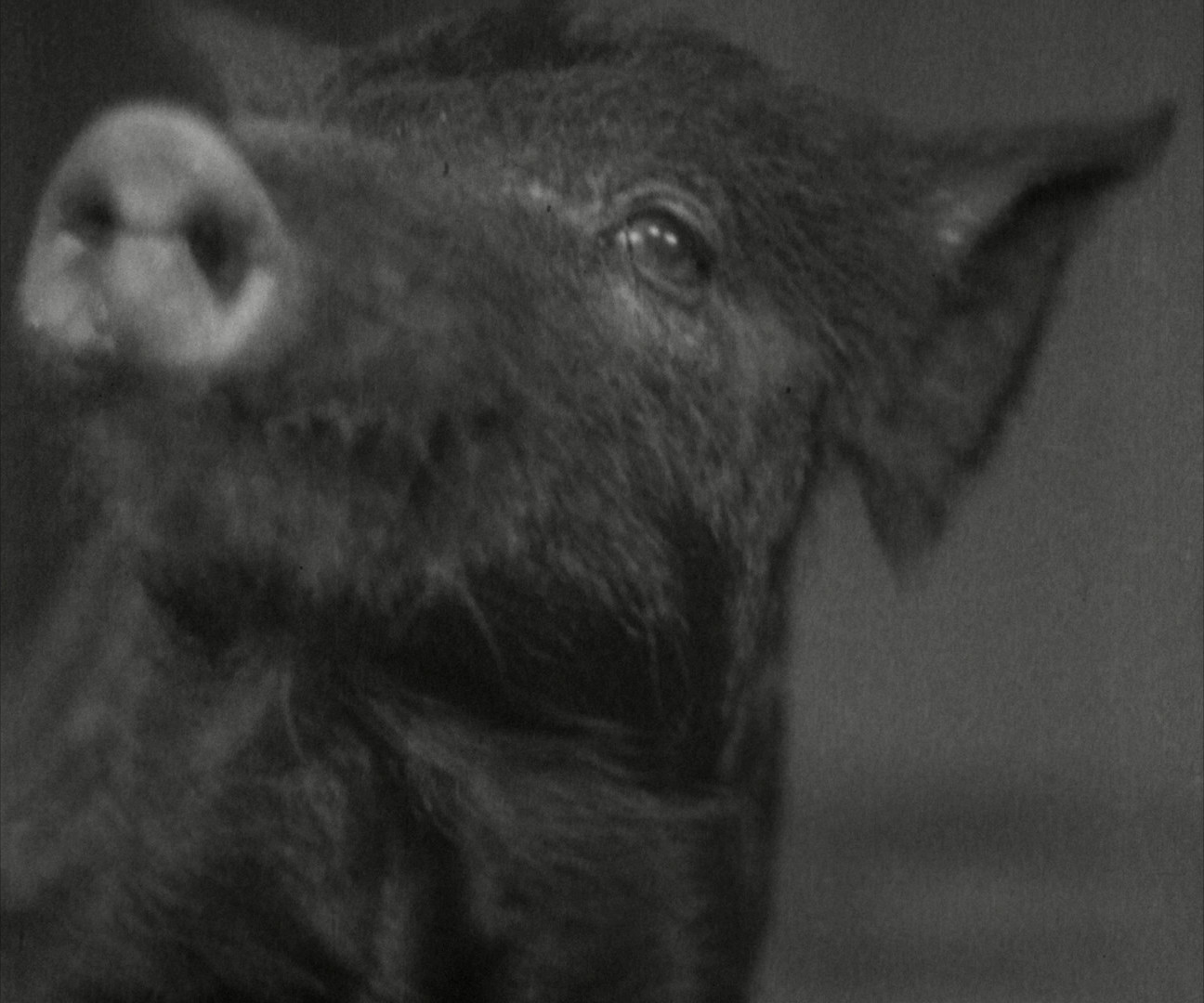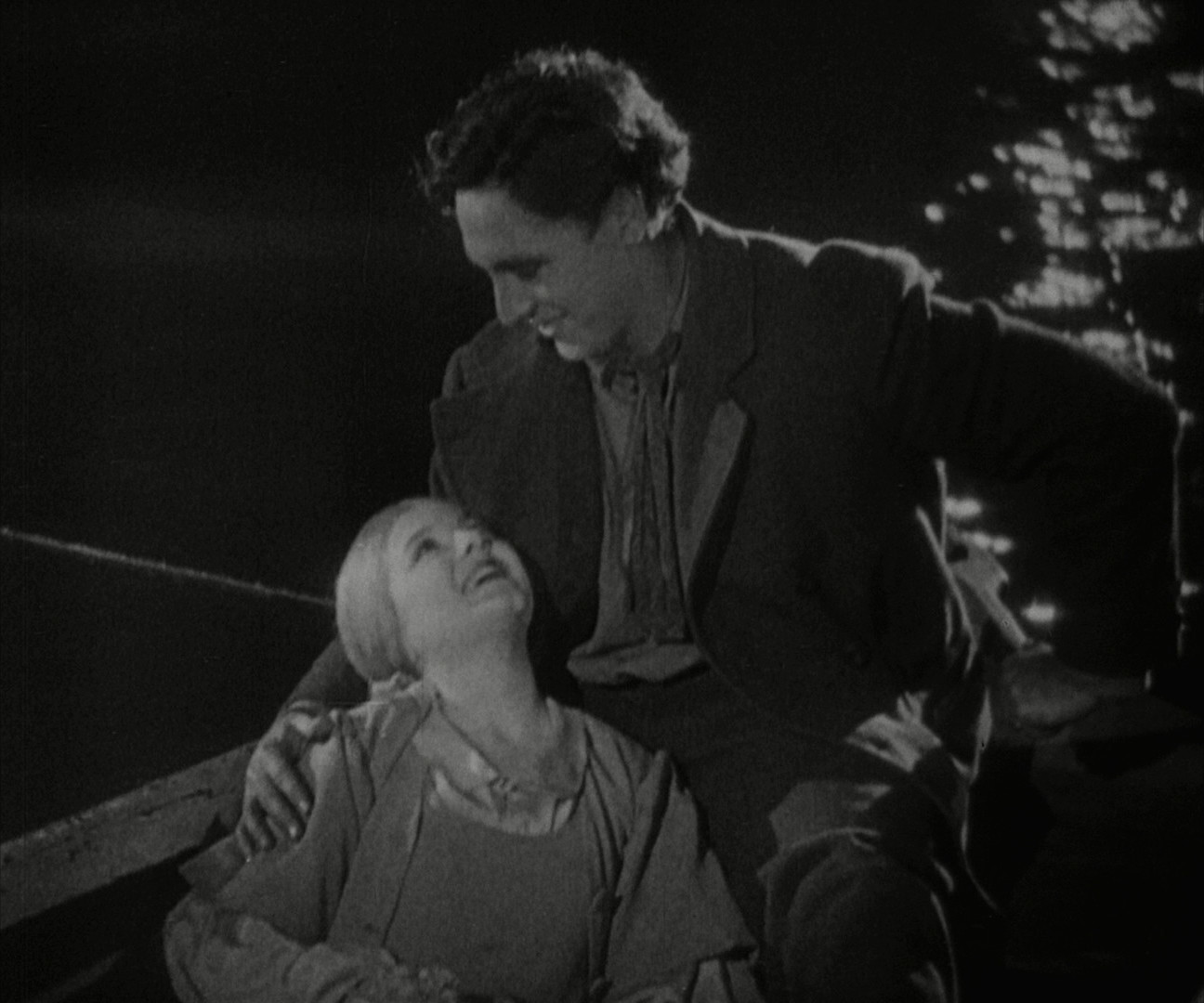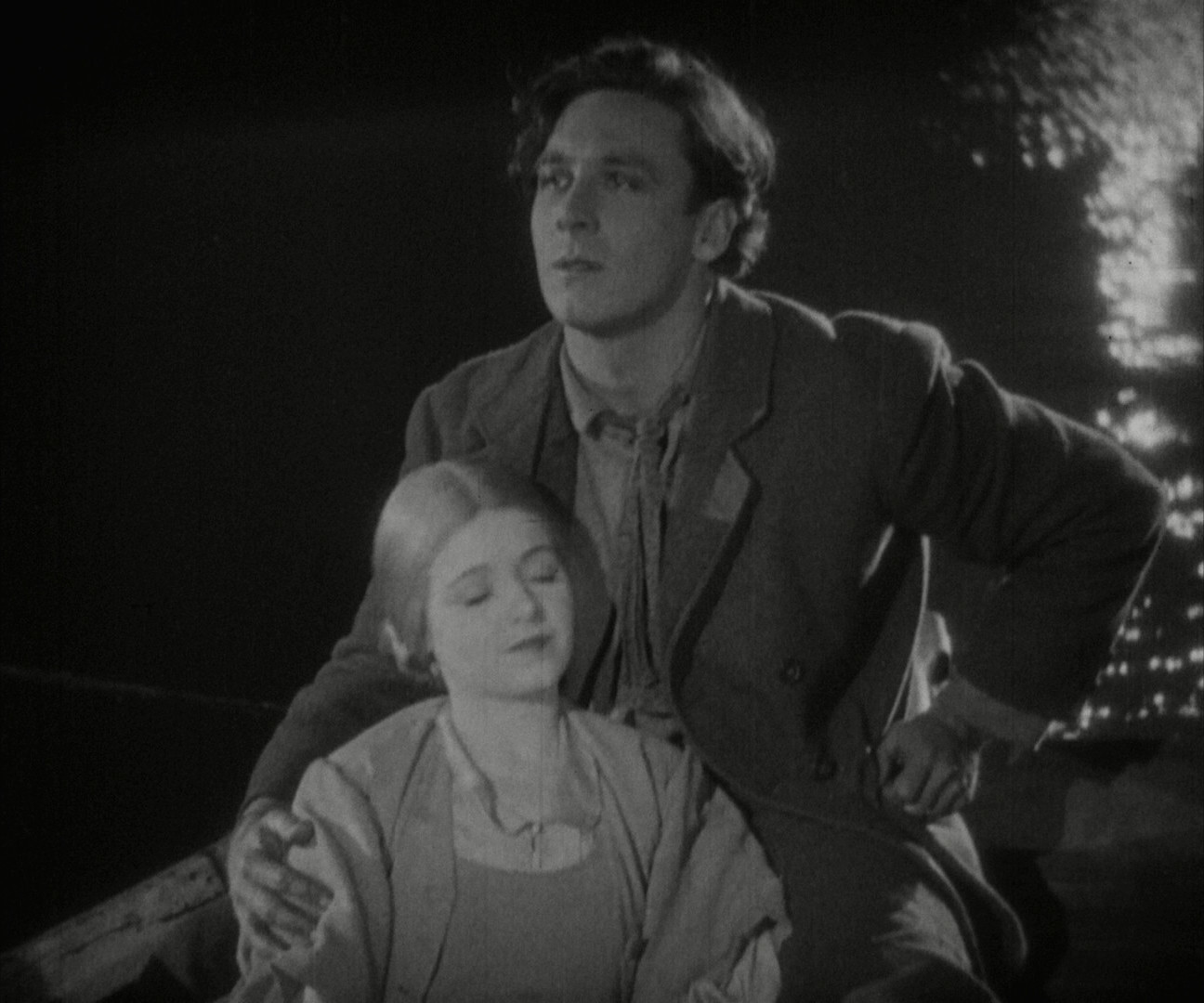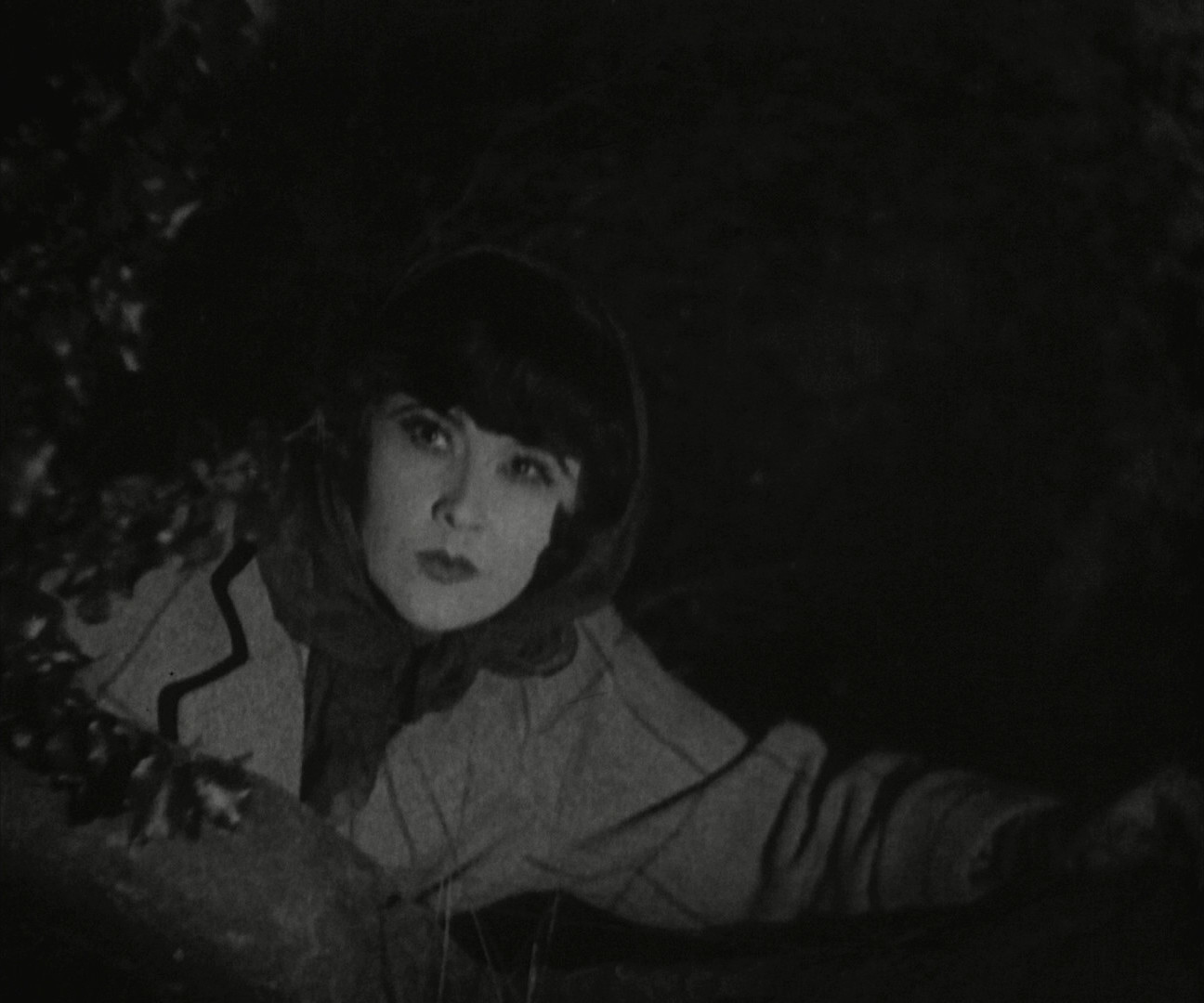Sunrise. F.W. Murnau. 1927. ⚅
This is a 2K version (from Eureka (Masters of Cinema)), but it’s only been very lightly restored? That is, it’s got a lot of horizontal shudder going on, which is usually the first thing they fix (since it can be done pretty much automatically by computers these days)… but otherwise, this looks very good; few scratches and little noise…
This is the highest rated of the seven silent movies on the list of Officially The Best movies, so it’s all talkies from now on.
[fifteen minutes pass]
This is a spiffy movie, and unusually for silent movies, the soundtrack they’re using isn’t getting on my tits. That virtually never happens. Sure, it’s schmaltzy and stuff, but it’s not actively trying to Be All Dramatic All The Time, but has emotional ups and downs…
But, dude: this is some kind of masterpiece. I just love every scene, and every scene is a new kind of wonder. My only problem with this movie is a physical one: I’m watching this at eight in the morning, when the sun is shining straight at me (through the blinds), so I have to weave and dodge to watch the (OLED; not very bright) screen.
Perhaps I’m just making up in my mind what’s actually going on on the screen!
[an hour passes]
I’m fascinated by this movie. I’ve seen Nosferatu, of course, but that’s a very different type of film. I read a collection of Cahiers de Cinema articles around Xmas time, and (as opposed to movie snobs in the UK) they were very much positive to the concept of talkies; i.e., sound was an obvious lack in the silent era, not an artistic choice like colour or black and white. (Sight & Sound magazine in the UK, on the other hand, painted the advent of sound as the end of film being art.)
But this is perhaps the first silent movie where the lack of sound doesn’t seem like … something’s that missing. Even in absolute stone cold masterpieces like Potemkin, there’s sometimes some awkward scenes where they have to fit in a lot of titles to let us know what’s going on. Here there’s very few titles, and they only serve to heighten the drama, not explain to anything, because the imagery tells us everything.
That’s not to say that this is a perfect movie. The reason why everything is so clear is that, well, not a lot happens, plot-wise. It feels like some of the sections go on for a bit too long, perhaps?
But I’m just quibbling. This is a touching, scary, funny movie, filled with so much beauty and innovation. It’s high melodrama; I’m somehow strangely reminded of Douglas Sirk.
And I love Janet Gaynor as The Wife.
[the end]
Wow. OK, the last quarter of the movie is a lot to take, and is the weakest bit of the movie. Having any sympathy at all for The Man was already a hard sell (the movie starts off with him trying to kill The Wife), but the movie leans really hard into identifying with him in the last quarter, and it just… doesn’t work. Sure, The Woman From The City is evil and stuff, but…
Anyway, I laughed, I cried, and I was amazed. It’s not a movie without problems, but there’s so much here that is amazing, including some surprisingly hilarious scenes in the middle (the barber shop, going dancing, the piglets), so I can’t give it anything but top score. Oh, and the magical trolley shot…
This blog post is part of the Officially The Best series.
